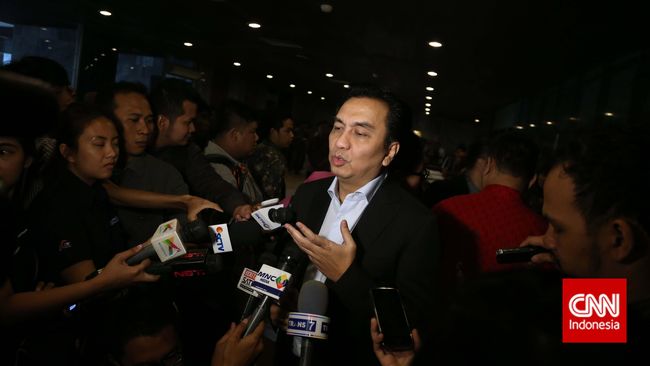The Superior Council of Notaries, CSN, has an institute of legal studies made up of eight sections, each made up of 12 notaries and a university professor. It regularly produces studies on developments in the notary law for the family,‘motionless, urban planning, commercial law … Presentation of a white paper 15 proposals for the simplification of the law, out of 140 identified, it has just been published. David Ambrosiano, president of the CSN, describes five.
1- Have only one notary to validate the authentic will
Today the law governing the receipt of an authentic will requires two notaries or a notary assisted by two witnesses. This requirement contrasts with the possibility of drawing up a holographic will, alone on plain paper, without even the assistance of a professional lawyer. It is difficult to see the logic that can be involved in imposing a second notary for the will, but not for the gift, for example, which requires only one.
.
Notaries simply propose to abolish the obligation of a second notary to receive an authentic will. And thus make it easier to use, which also offers the notary advice that accompanies it.
2- Eliminate registration rights on Pacs
The Civil Solidarity Pact can be stipulated with a private deed, registered by a civil registrar, or with a notarial deed. However, the cost of registering the PACS received by notarial deed is € 125, with € 100 as a notary’s fee. But free under private signature. This paid registration may dissuade some of our fellow citizens from signing this PACS in front of a notary.
It is therefore proposed to waive the registration fee of € 125 for a PACS received by the notary. This modification would thus allow the greatest number of people to benefit from the advantages linked to this authentic act, and in particular its conservation for 75 years, while under private signature the original is kept only by the signatories.
3- Simplify the change of destination from offices to housing
Despite the considerable transformation potential of the existing tertiary sector, the transformation of offices into homes remains very marginal in France. A number of obstacles have been identified, including complex legal procedures. Notaries would like to temporarily allow the conversion of offices into homes by means of a simple accelerated prior declaration, especially in areas of high real estate pressure. But also to simplify the change of intended use in the case of office buildings located in co-ownership.
4- In succession, replace the closing of the inventory with an oath
When the notary has drawn up an inventory of the inheritance assets, he must then draw up a deed containing the closure of this inventory, to which a copy of the declaration of succession will be attached. This last deed contains in particular a declaration by the heirs in which it is specified that the succession does not contain any other elements other than those included and indicated in the inventory. If this closing deed is not drawn up, the Revenue Agency has the right to contest the value of the furniture and to impose the application of a fixed price for the furniture (5% of the net assets of the inheritance) which will be added to the value of the estate.
Notaries recommend replacing this inventory closure with an oath attached to the furniture inventory. This, from a financial point of view, would reduce the cost of liquidating the inheritance for our clients.
5- The abolition of tax solidarity in the context of a business transfer
Unlike a business sale in the form of a stock transfer, the buyer of an industrial, commercial, artisanal or liberal business can be held, together with the seller, for the payment of certain direct taxes, up to the value of the funds and for a specific time. In practice, this liability requires a freeze on the sale price of goodwill for more than three months in order to reserve this price for the tax authorities. This period of unavailability of the sale price prevents any immediate reinvestment. Any tax solidarity between buyer and seller should be eliminated, regardless of the nature of the business.
–


